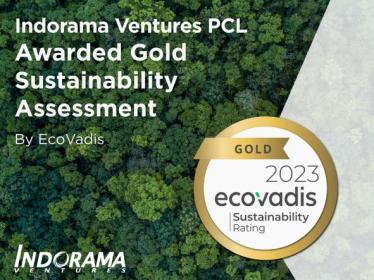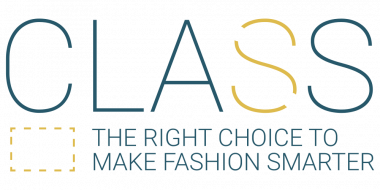ECHA seeks input on proposed PFAS restriction
The European Chemicals Agency invites interested parties to send in scientific and technical information on the manufacture, placing on the market and use of per- and polyfluoroalkyl substances (PFAS) by 25 September 2023.
The six-month consultation on the restriction proposal, prepared by the Danish, German, Dutch, Norwegian and Swedish authorities, opens on 22 March 2023 and closes on 25 September 2023 (23:59 Helsinki time).
The consultation is to give anyone with information on PFAS the opportunity to have their say. Of particular interest is information relevant to the risks, socio-economic aspects and alternative substances.
ECHA’s scientific committees for Risk Assessment (RAC) and for Socio-Economic Analysis (SEAC) will use the consultation input to evaluate the proposed restriction and form an opinion on it.
An online information session will be held on 5 April. During the session, experts from ECHA and the five national authorities will explain the restriction process, the content of the proposal and how to participate in the consultation. They will also respond to questions from the participants.
The five national authorities submitted the universal proposal to restrict PFAS to ECHA on 13 January. The European Commission, together with the EU Member States, will eventually decide on the potential restriction based on the proposal and the committees’ opinion.


























